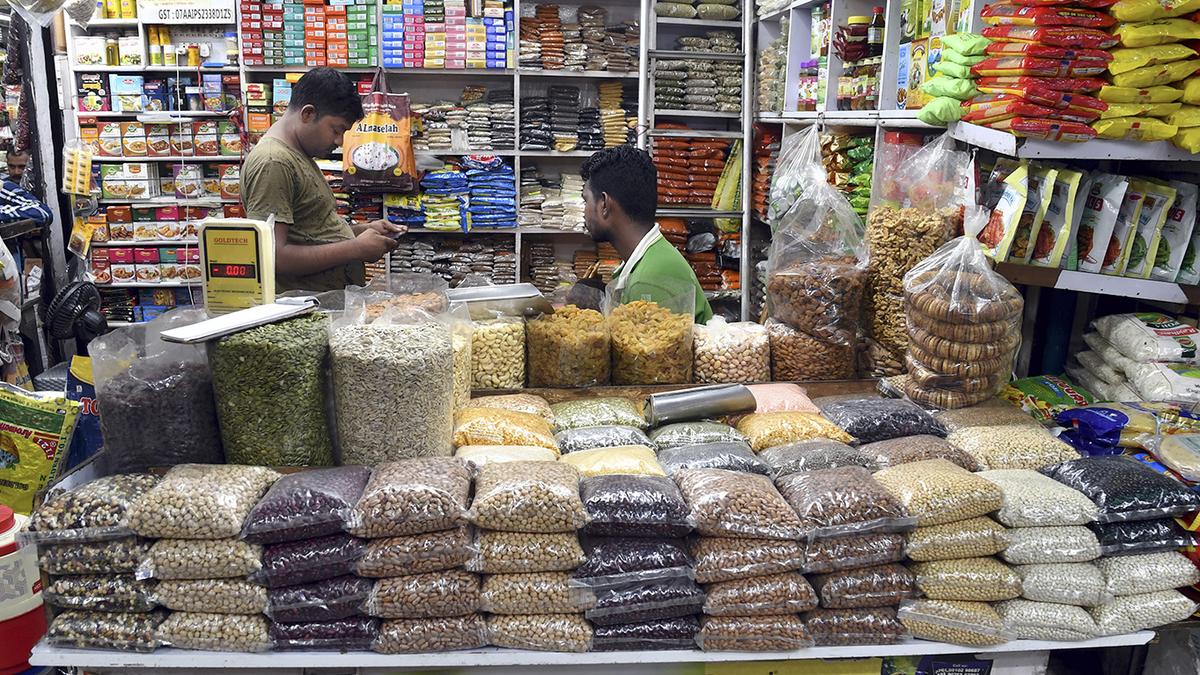
Why are some packaged foods under the scanner? Premium
The Hindu
Study finds majority of convenience food products high in carbohydrates, urging for clearer nutritional labels and healthier options.
The story so far:
A study of 432 convenience food products, in five categories — idli mixes, breakfast cereals, porridge mixes, beverage mixes, soup mixes — and extruded (‘puffed’ or ‘expanded’) snacks, has found that a majority of these ready-to-eat/packaged food products are high in carbohydrates.
Also read | What the Food Safety and Standards Act says
The study, ‘Assessment of front and back of pack nutrition labels of selected convenience food products and snacks available in the Indian market’ by Shobana Shanmugam et al, was published in Plos One. Researchers with Chennai-based Madras Diabetes Research Foundation, the Indian Council of Medical Research-National Institute of Nutrition and the University of Reading, the U.K. were involved. It aimed to evaluate the nutritional profiles and claims of selected convenience food products and snacks in the Indian market and also measured their healthiness by categorising them according to their nutrient profiles.
The nutritional profiling of the foods was conducted based on the Food Safety and Standards Authority of India (FSSAI) claims regulations, after evaluating the nutritional information on the front and back of pack labels of the selected food items. Only the nutritional content claims related to protein, dietary fibre, fat, sugar and cholesterol were evaluated in this study. The healthiness was assessed using a nutritional traffic light system. The products were classified into ‘healthy’, ‘moderately healthy’ and ‘less healthy’ based on the fat, saturated fat, and sugar content. The study was funded by the Department of Science and Technology.
In essence, the study found that while most of the products could fall under the ‘healthy’ or ‘moderately healthy’ categories, except extruded snacks, most of the products provided over 70% of the energy from carbohydrates, while extruded snacks provided over 47% of the energy from fat. The energy distribution from protein was found to be less than 15%.
All convenience food products that the study tested were rich in carbohydrate content. While beverage mixes had the highest carbohydrate content (35.5g to 95g/100g), extruded snacks had the highest total fat content (mean 28.3±7.5 g/100g), and the highest saturated fatty acid (SFA) content (mean 11.0±4.5 g/100g). The beverage mixes were found to be high in sugar content. The soup mixes had high sodium levels with poor protein and dietary fibre content. The idli mixes had high protein content and were largely sugar free. Breakfast cereals were found to have high dietary fibre.











